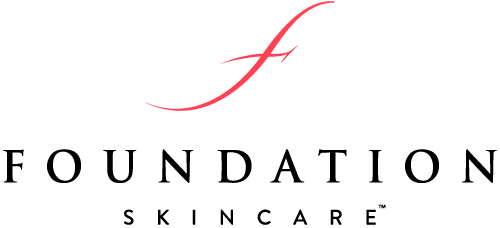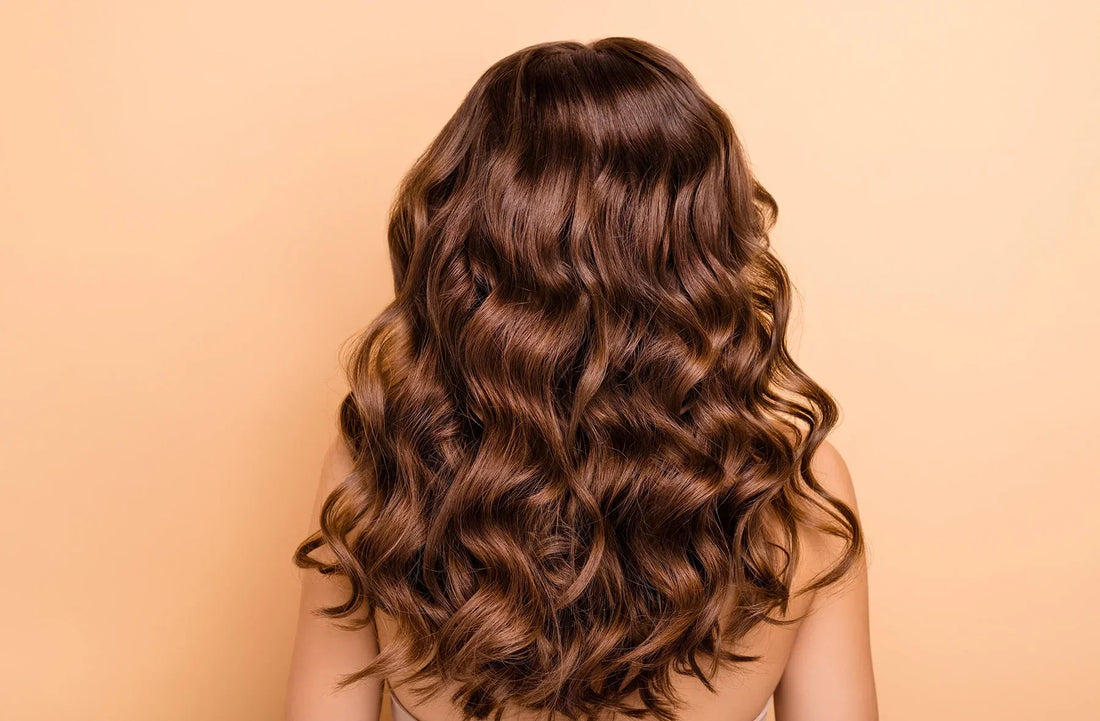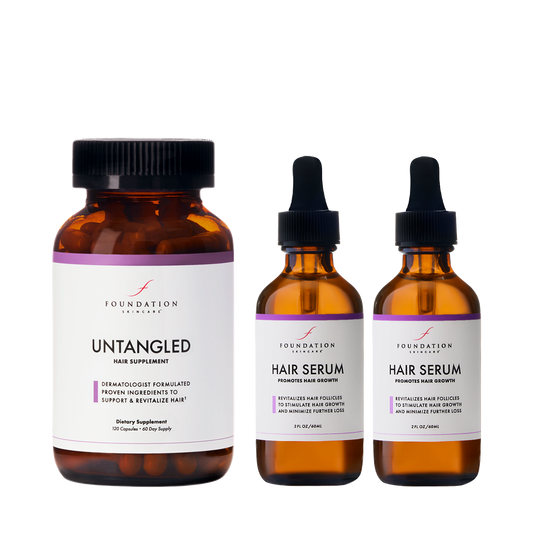Hair loss is often thought of as a male problem, but some research shows it affects more than 50% of women at some point in their lives.1 In some cases, the hair loss is temporary, triggered by childbirth, crash diets, or extreme stress.2 In other cases, genetics are at play; if you have a family history of female pattern hair loss, there’s a chance you may experience it too.
Whatever is causing your hair loss, taking women’s hair supplements containing essential vitamins and minerals can make a significant difference in minimizing loss and accelerating new growth. Keep reading to find out what these nutrients are, what to consider before choosing a hair supplement, and some of the best hair supplements for women you should consider.
Vitamins Essential for Hair Growth in Women
Several vitamins play crucial roles in supporting healthy hair growth in women:
Biotin: Biotin, aka vitamin B7, is well-known for its role in promoting hair growth by supporting keratin synthesis, a primary building block of hair. Biotin also aids sebum production, which keeps your scalp healthy and moisturized.3
Vitamin A: As an antioxidant, vitamin A defends the hair (and body) against cell damage from oxidative stress. It also supports hair growth by regulating hair follicle stem cells. However, excessive intake of vitamin A can actually be detrimental to hair health, so it’s best to get your intake from food or a balanced hair supplement that only contains the recommended dietary intake of 700-900 mcg.4
Vitamin D: Studies show that severe vitamin D deficiency can occur in young women, as well as those who are pregnant, with increased risk as she ages.5 Low vitamin D intake is closely related to hair loss in men and women, likely due to its role in the growth and differentiation of hair follicles.6
Vitamin E: Vitamin E is another antioxidant that promotes scalp health and protects hair follicles from oxidative stress, a factor that can contribute to hair loss. Like vitamin A, vitamin E should only be taken in moderation and not exceed the recommended dietary intake, as it can exacerbate hair loss when used in excess.7
Vitamin C: Vitamin C is essential for collagen synthesis, which strengthens hair. The vitamin also aids in iron absorption, which is crucial for healthy hair growth.8
B vitamins: Beyond biotin, other B vitamins like folic acid, niacin, and pantothenic acid support circulation and red blood cell production, minimizing hair thinning and promoting new growth. They also help to synthesize proteins and fats to support and repair overall hair structure.
UnTangled Essentials Kit
• Engineered to work in tandem
• Visibly fuller hair in 90 days
$155
Sale price
$124
Essential Minerals for Hair Growth in Women
Like vitamins, many minerals also play vital roles in supporting healthy hair growth in women:
Iron: Iron deficiency can contribute to hair loss in both men and women, as it is necessary for oxygen transport to hair follicles. Studies show that nearly 40% of girls and young women in the U.S. may be iron deficient, which doesn’t just put them at risk of hair loss, but also fatigue and other health problems.9
Zinc: Low zinc levels have been linked to weakened hair follicles, resulting in thinning hair and shedding.10 Some studies have found a correlation between female pattern hair loss and low hair and serum zinc levels.11
Selenium: Imbalances in selenium levels may lead to oxidative stress and hair cycle impairment, potentially resulting in hair loss. Low selenium levels may also be indicative of thyroid dysregulation, which can disrupt the hair growth cycle.12
Benefits of Using Supplements
Dietary supplements should never replace a balanced diet and healthy lifestyle habits. Supplements are best used when they accompany a well-rounded diet containing various fruits, vegetables, and proteins that are essential for healthy hair growth. If your diet is limited or you have a medical condition that prevents you from getting all the nutrients you need from your diet, dietary supplements can be especially helpful in closing those nutritional gaps.
What to Consider Before Choosing a Hair Supplement
Not all hair supplements contain the same quality ingredients. Before choosing a hair supplement, consider factors such as the ingredient quantities and find out if they are bulking up their items with unnecessary additives and fillers. Look for supplements from reputable brands that contain essential vitamins and minerals clinically proven to support hair growth.
Best Women’s Hair Growth Supplements
Foundation Skincare’s UnTangled Hair Supplement is one of the best hair supplements for women (and men!) because it contains a science-backed blend of vitamins, minerals, herbs, and acids in appropriate quantities with no fillers or additives.
In addition to all the vitamins and minerals listed above, UnTangled also contains marine collagen, which is packed with amino acids that your body needs to create keratin, and horsetail extract, which is a natural hair conditioner that promotes hair growth.
UnTangled also contains saw palmetto, which helps block the conversion of testosterone to DHT hormone. Although testosterone is considered the dominant male sex hormone, women also create testosterone (in smaller quantities). Just like in men, DHT in high quantities can lead to hair follicle shrinkage in those who are genetically predisposed to hair loss, even in women.13 Saw palmetto blocks the conversion of testosterone to DHT to protect against hair follicle shrinkage and slow, or even halt, the progression of hair loss. At the same time, saw palmetto has potent anti-inflammatory properties to further protect hair follicles.
For best results, use UnTangled Hair Supplement with FS Hair Serum, a topical serum proven to stimulate hair stem cells without minoxidil. Using these products together helps to minimize loss and accelerate growth from the inside out through proper nutrition and direct application.
Lifestyle Tips for Healthy Hair
In addition to supplementation, adopting a healthy lifestyle can support optimal hair growth. This includes healthy hair habits like avoiding too much heat and hairstyles that tug on the hair (like tight ponytails and buns). Shampoo often (but not every day) and use a quality conditioner to minimize breakage, and stay hydrated to support skin health, hair health, and overall health. Lastly, manage your stress levels, as research shows there’s a correlation between stress and hair loss.14
Many women don’t talk about hair loss, even though it is an increasingly common experience. Fortunately, there are steps you can take to better care for your hair and your overall health, starting with feeding your body with the essential nutrients it needs to function properly. If you're experiencing significant hair loss or have concerns about your hair health, consult with a dermatologist for personalized advice and treatment options.
References:
-
https://my.clevelandclinic.org/health/diseases/16921-hair-loss-in-women
-
https://www.uclahealth.org/news/what-causes-female-hair-loss
-
https://pubmed.ncbi.nlm.nih.gov/4223823/
-
https://www.ncbi.nlm.nih.gov/pmc/articles/PMC9324272/
-
https://www.ncbi.nlm.nih.gov/pmc/articles/PMC3696135/
-
https://pubmed.ncbi.nlm.nih.gov/34553483/
-
https://www.ncbi.nlm.nih.gov/pmc/articles/PMC5315033/
-
https://www.ncbi.nlm.nih.gov/pmc/articles/PMC6380979/
-
https://www.webmd.com/women/news/20230628/young-girls-women-high-risk-iron-deficiency-study-about
-
https://www.ncbi.nlm.nih.gov/pmc/articles/PMC6124235/
-
https://www.ncbi.nlm.nih.gov/pmc/articles/PMC6124235/
-
https://www.ncbi.nlm.nih.gov/pmc/articles/PMC7783124/
-
https://www.ncbi.nlm.nih.gov/pmc/articles/PMC5419033/
-
https://www.mayoclinic.org/healthy-lifestyle/stress-management/expert-answers/stress-and-hair-loss/faq-20057820





